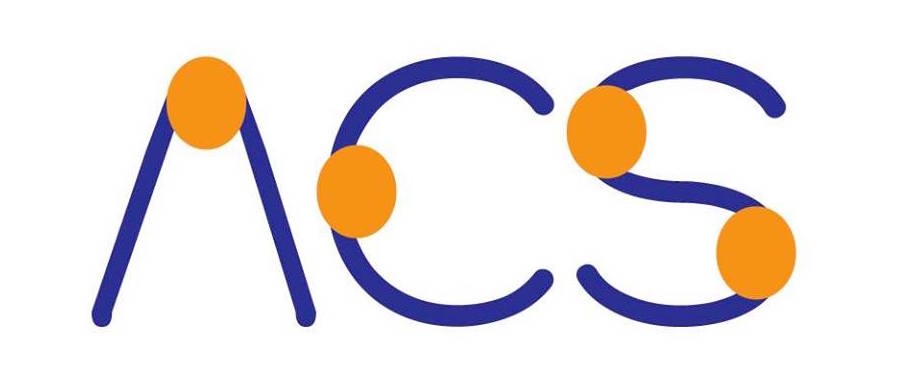Mini Talk “เชียงใหม่-ใหม่: ณ รอยต่อสู่สมัยใหม่”
การบรรยายโดย สันต์ สุวัจฉราภินันท์
กำหนดการ: 18 พฤศจิกายน 2560 เวลา 17:00 – 19:00 น.
สถานที่: Asian Culture Station นิมมานเหมินท์ เชียงใหม่
*Please scroll down for English information.
ล้านนาสิ้นสุดที่ตรงไหนในจิ
สิ่งที่เราเห็นรอบตัวทุกวัน
อาคารที่มีรูปลักษณ์พิเศษอย
Asian Culture Station ขอชวนคุณมาปรับทัศนวิสัยต่อ
ค่าใช้จ่าย: ฟรีตลอดงาน
ภาษา: บรรยายเป็นภาษาไทย และ โดยมีล่ามแปลเป็นภาษาอังกฤษ
—-
Mini Talk by Sant Suwatcharapinun
Chiang Mai-Mai: At the Threshold of Modernity
Date: Saturday, 18th November 2017, 5 – 7 PM
Venue: Asian Culture Station, Nimmanhaemin Road, Chiang Mai
In your imagination, where do you think ‘Lanna’ ends?
Are things we see around us related to ‘Lanna’ in any way?
Buildings with unique details, such as those found in Chiang Mai University, Prince Royal’s College, Warorot Market, as well as shophouses located on Tha Phae Road and at different corners of the city’s moat are often rather oldish and might not stand the test of time—at least, not long enough for them to meet the eligibility criteria to be listed as historic buildings. However, the architecture of these buildings managed to capture thoughts and feelings of people when Chiang Mai went through a severe transition period. In fact, it still continues to do so to these days, yet so quietly we can barely notice its existence. Places like temple, the royal residence, and city walls have always spoken to us the sound of Lanna.
Asian Culture Station is delighted to invite you to adjust your perception towards the city of Chiang Mai in the lecture by our guest speaker, Sant Suwatcharapinun, an academic in architecture, space, and contemporary culture. Suwatcharapinun is also an author of the book “Chiang Mai-Mai”—an exploration of the city’s modernity that uncovers the power of architecture in Chiang Mai. Flip the page and take a deeper look at the traces of social and economic transitions, since the time the Lanna Kingdom was annexed as part of Siam during the reign of King Rama V through to the enforcement of the first City Planning Act (1884-1975). It can be perceived that the remaining architecture serves as a primary source of urban history that leads to many other interesting discoveries.
The talk will be in English and interpreted into Thai. The Q&A session will alternate between the two languages.
Admission fee: Free of charge
